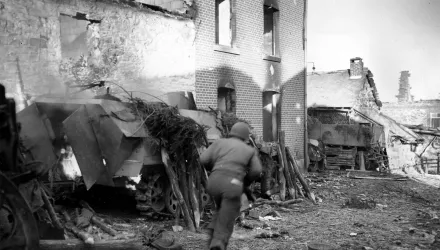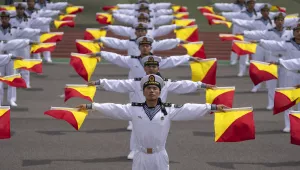International Security is America's leading peer-reviewed journal of security affairs.
Summary
For more than two decades, the pursuit of “lessons learned” from major combat encounters has been an area of sustained activity within the defense establishments of the United States and its principal allies around the world. Yet as often as not, such efforts have, at best, yielded lessons merely indicated and identified, since they cannot be said to have been truly learned until their prescriptions have been accepted and assimilated into an armed service’s doctrine, force development, and operating procedures. In one notable instance in late December 2008 and early January 2009, however, an exemplar of lessons learned and incorporated was offered by the twenty-three-day campaign conducted by the Israel Defense Forces (IDF) against the radical Islamist organization Hamas in the Gaza Strip. That performance came on the heels of the IDF’s less impressive showing more than two years before against the Iranian-sponsored terrorist movement Hezbollah during Israel’s 2006 war in Lebanon. By any measure, Israel’s comparative success in Gaza was a direct result of teachings gained and duly incorporated into the IDF’s combat repertoire by Israeli civilian and military leaders in response to their earlier misadventure in Lebanon.
Lambeth, Benjamin S.. “"Israel’s War in Gaza: A Paradigm of Effective Military Learning and Adaptation".” Fall 2012



